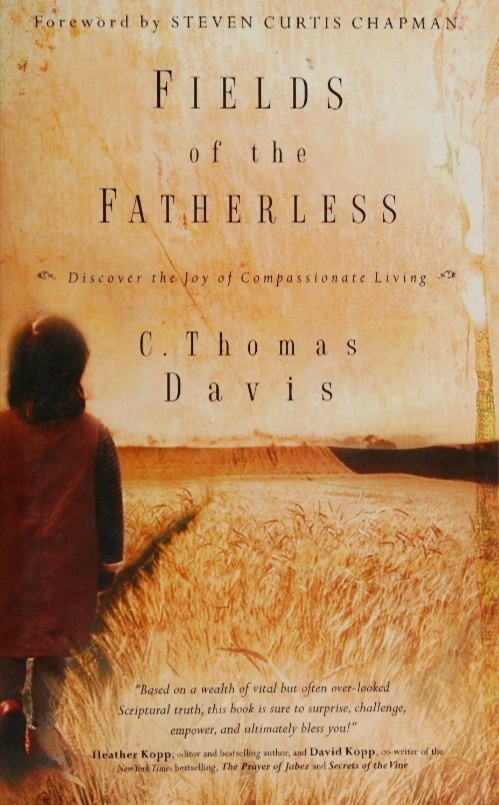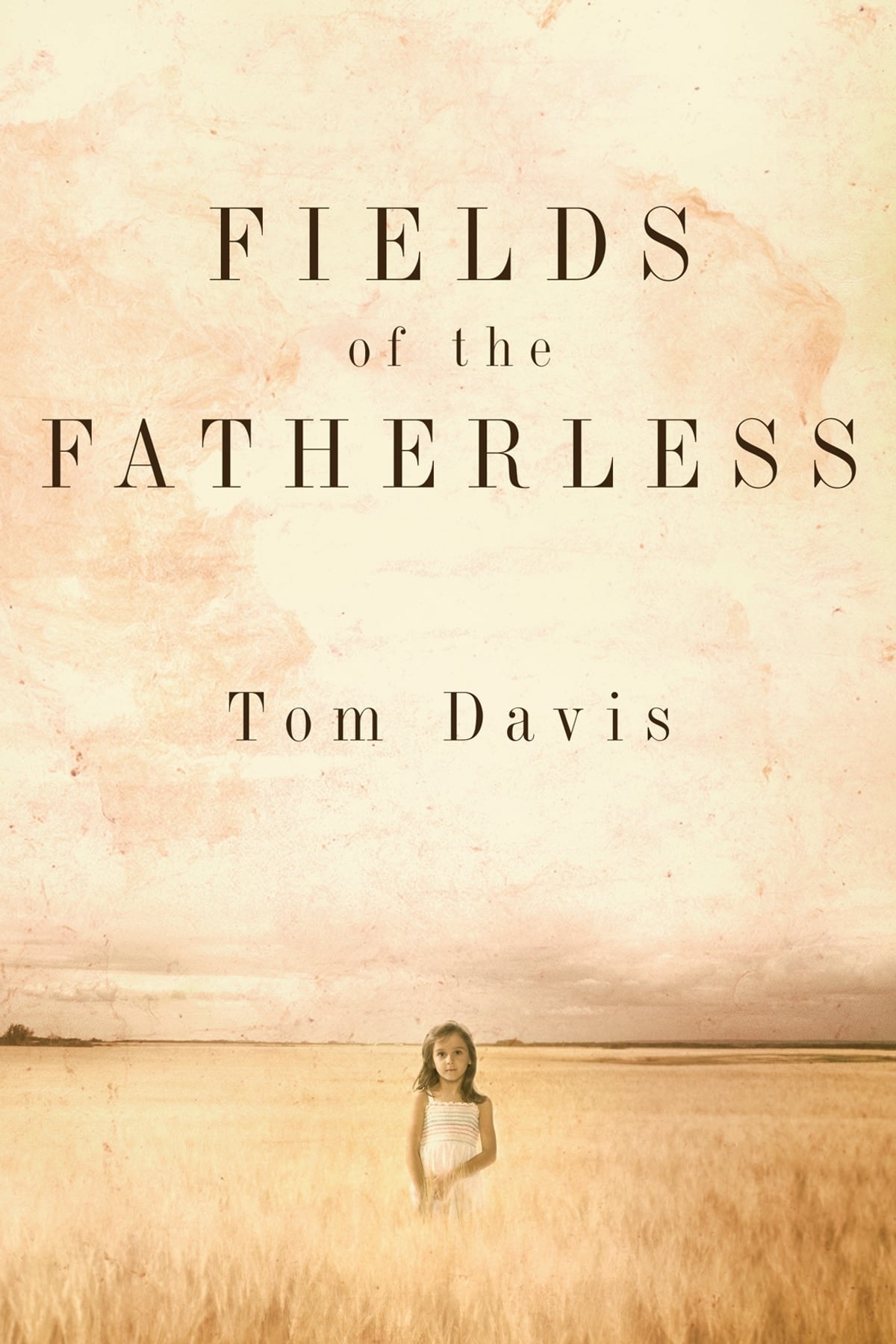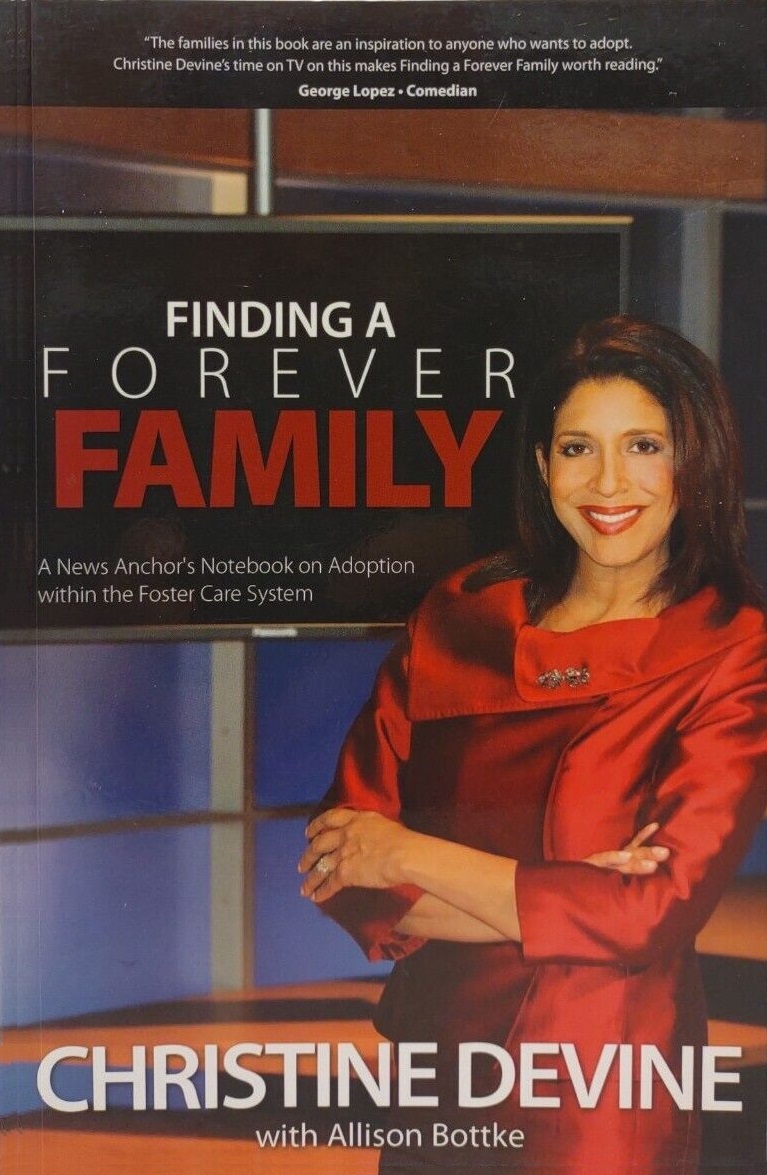From the Dust Jacket:
His poetry has been read by more people in more countries than that of any other living American poet. His San Francisco bookstore, City Lights, is a landmark on America’s cultural landscape. Among his associates and friends are the leading writers of America’s postwar years, but until now there has been no comprehensive biography of Lawrence Ferlinghetti. With
Ferlinghetti, author Barry Silesky brings us the first full-length account of this important man of letters and the literary movement he helped foster. It is a work filled with revealing first-person reminiscences from Ferlinghetti himself and dozens of his contemporaries, and it creates not only a portrait of an important artist but a vivid panorama of our time.
Silesky tells the full story of Ferlinghetti’s Dickensian, fantastical beginnings: how Larry Monsanto Ferling was given away at the age of two, trundled around Europe, put in an orphanage at six, retrieved and abandoned again, and finally adopted by an extremely wealthy elderly couple who brought him to live on their great estate and sent him to exclusive schools. Silesky then shows us how Larry Ferling emerged from his unusual early years to become, in his early thirties, Lawrence Ferlinghetti: publisher, poet, novelist, painter, and spokesman for an age.
We witness Ferlinghetti’s postwar stay in Paris; his move to San Francisco; his relationships with Kenneth Rexroth, Kenneth Patchen, Allen Ginsberg, Jack Kerouac, and Neal Cassady; and his founding of City Lights, the bookstore and the press. We relive the exciting first days of a brand-new literary sensibility, the publishing of Ginsberg’s Howl, and the famous obscenity case that made it a national sensation. From the early fifties to the sixties, we meet a Ferlinghetti who is at the center cf explosive activity—a touchstone for literary ard political movements, for the psychosocial ideas of Timothy Leary and the psychedelic sixties, and finally for the antiwar pretests that spilled over into the early seventies.
From the poignancy of Jack Kerouac’s descent into alcoholism to the beauty of life in the Big Sur to the upbeat cacophony of the San Francisco scene, Ferlinghetti’s life parallels America’s changing cultural and sexual mores. Wonderful anecdotes by or about Henry Miller, Ezra Pound, Robert Duncan, Robert Creeley, Fidel Castro, Gary Snyder, and many more prominent figures of recent history portray Ferlinghetti in his world. But the details of his first marriage and the two women who have shared his life since also depict a very private man, still vigorous in his seventh decade, a writer still commanding attention, a poet who still writes on his original manual Royal typewriter, and a painter who has recently had his first one-man show.
Based on dozens of interviews—with never-before-published photos of Ferlinghetti, his family, and his friends—and chronicled in vivid, moving prose, Ferlinghetti is a seminal work, illuminating a man, a body of writing, and a literary era with insight and authenticity. It is a must read for everyone who cares about American literature and its impact on modern times.
About the Author:
Barry Silesky
is the author of In the Ruins, a collection of prose poems. His poetry has appeared in more than four dozen magazines and anthologies in recent years, and he is the editor of the literary journal ACM (Another Chicago Magazine}. A regular contributor to the Chicago Tribune and Chicago Magazine, he teaches at The School of the Art Institute of Chicago. He lives just down the street from Wrigley Field in Chicago, with his wife, fiction writer Sharon Solwitz, and their twin sons.








































